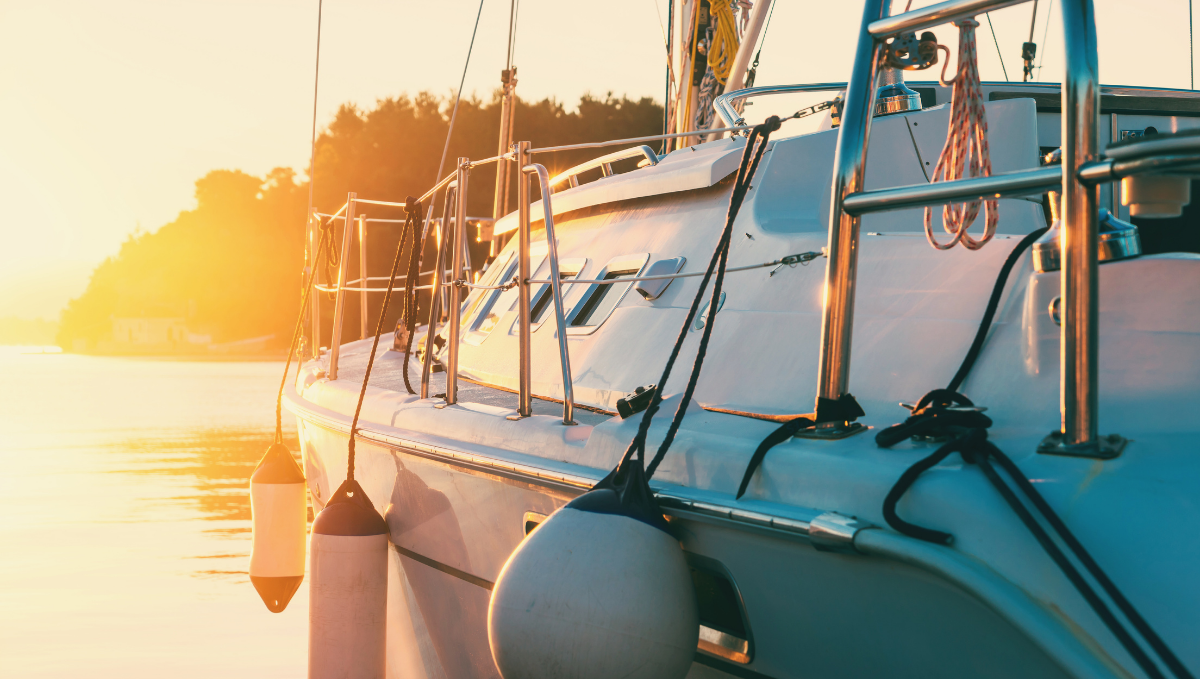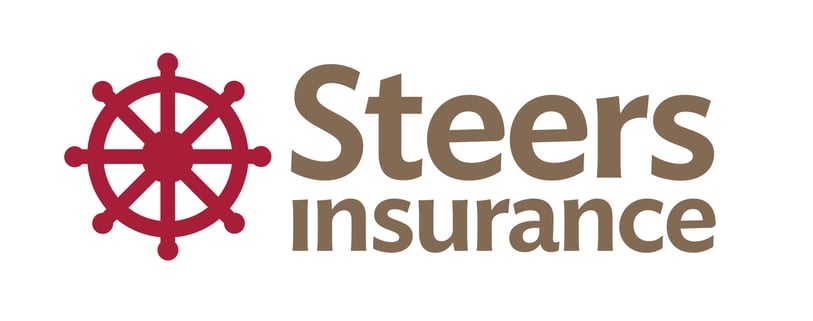
Boating is a fun way to enjoy the water, but do you know the rules and regulations that govern Canada’s waters? In addition to making sure your boat is properly insured, basic boating knowledge is also a must as is a Pleasure Craft Operator Card that can be obtained by taking a boating safety course or by passing a boating safety test from a Transport Canada accredited course provider. Taking the boating safety test is not only a great way to build boating confidence but to also be prepared and educated for every circumstance.
Even if you are licenced and regardless of how many years you have been boating, it’s always a good idea to review boating safety tips, rules and regulations including:
Watching the weather
Even if the skies are clear, always check weather conditions before departure and remember to get off the water if you sense a storm approaching.
Not drinking and driving
Just like on land, driving on water also means you should not be impaired. The probability of being involved in a boating accident doubles when alcohol is involved, and studies have shown that the effect of alcohol is exacerbated by external effects such as sun and wind (Source: Discover Boating).
Impaired driving, whether on land or water, is also punishable under the Criminal Code of Canada. The laws and penalties for when a boater is considered impaired follow provincial and territorial driving laws. (Source: Transport Canada)
Convictions for a first offence can result in:
- fines
- prohibition from operating a boat or motor vehicle
- seizure of the boat for a period of time
- possible prison terms
Refrain from Speeding
When you travel across water at excessive speeds it makes it more difficult to steer as well as stop a boat in the case of emergency or unexpected obstacles and navigational hazards, such as rocks and other vessels. Always obey posted speed limits, travel at a safe speed and according to traffic i.e., consider your boat’s wake and the damage it could cause to other vessels.
Ensure there are enough life jackets for everyone on board
Wearing a lifejacket is quite possibly the single most important thing a person can do to be safer on a boat. Lifejackets should be in good shape (always check for damage), not expired (yes, life jackets expire!) and should fit everyone on board well (most life jackets have a weight limit).
Keep children safe
In addition to making sure everyone on board (including children of all ages) has a life jacket, also ensure you have sunscreen, a small first aid kit, and fresh water available. Do not leave kids unattended while onboard any boat and teach younger kids to: keep their hands and feet inside the boat at all times and to not lean over the side when the boat is in operation.
Make sure children on board know and understand the rules of the boat upfront.
Keep pets safe
Does your family include a pet? If so, be mindful of their safety while on board a boat. If the temperature outside is extremely hot, your pets are susceptible to heatstroke. Make sure they have plenty of shade and readily available cold water.
If your dog is prone to motion sickness from a car, see a vet before boarding a boat, and ensure you have the right medication or treatment for them. Make sure your pet is always safe on board by:
- Making sure they are wearing a properly fitting floatation device
- The dog has proper identification or has been microchipped
- Carry fresh water and keep water available at all times
- For cats, consider carrying onboard and hanging a strip of carpet overboard in case they go overboard. They may be able to grab onto it and climb back up.
Are you thinking of buying a new boat for sunny weather fun? Protect yourself and others. Contact OTC Insurance today for your Pleasure Craft Insurance Quote.
Sources
https://tc.canada.ca/en/marine-transportation/marine-safety/proof-competency-recreational-boaters
https://www.discoverboating.ca/resources/article.aspx?id=114
https://maritimeboating.com/cruising-information/boating-safety/


 ;
;
 ;
;
 ;
;
 ;
;
 ;
;
 ;
;
 ;
;


